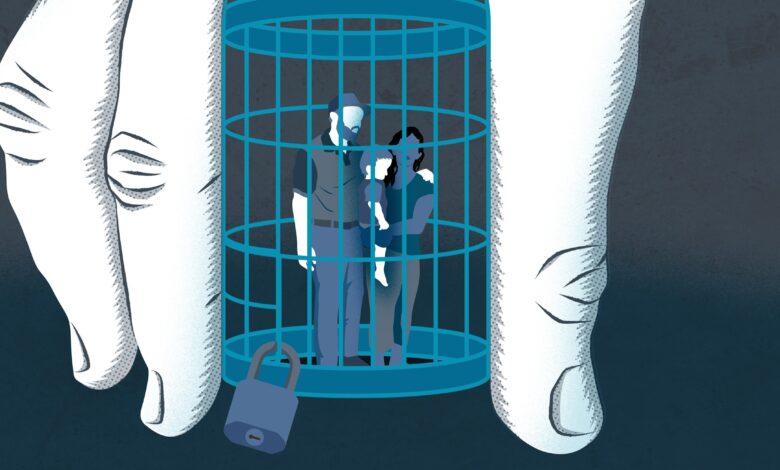Behind Bars: Stories and Insights from Inside the Arrest Process

Getting arrested can be one of the most daunting experiences a person might face. The flashing lights, the clinking handcuffs, and the uncertainty of what comes next can all be overwhelming. But understanding the arrest process can demystify this experience and provide valuable insights into what actually happens when someone is taken into custody.
The Moment of Arrest
An arrest typically begins with a law enforcement officer identifying a suspect believed to have committed a crime. This can happen on the spot if a crime is witnessed, or after an investigation has pointed to a particular individual. The officer will approach the person, identify themselves, and inform the individual that they are under arrest.
Know Your Rights
It’s crucial to remember that you have rights during an arrest. The Miranda Rights, which include the right to remain silent and the right to an attorney, must be read to you. Exercising these rights can significantly impact the outcome of your case.
The Journey to the Police Station
After being detained, the next step is transportation to the police station. This period can be filled with anxiety, but it’s important to stay calm and cooperative. Resisting arrest or acting aggressively can lead to additional charges.
Booking and Processing
Upon arrival at the station, the booking process begins. This involves recording personal information, taking fingerprints and photographs, and conducting a background check. Personal belongings are cataloged and stored until release.
Holding Cells and Waiting
Post-booking, individuals are usually placed in a holding cell. This waiting period can vary in length, depending on the circumstances and the availability of court officials. It’s a time filled with uncertainty, but also an opportunity to reflect and prepare for what’s next.
Contacting Loved Ones
You’re typically allowed to make a phone call. Reaching out to a family member or a lawyer can provide emotional support and legal guidance. It’s advisable to inform someone about your situation as soon as possible.
The Legal Proceedings Begin
The next step is the arraignment, where charges are formally presented. Here, you can enter a plea, and bail may be set. Having legal representation during this stage is highly beneficial.
Bail and Release Options
If bail is granted, it provides a way to remain free while awaiting trial. Bail amounts can vary widely based on the severity of the charges and your criminal history. In some cases, own recognizance release is possible, allowing you to go free without bail based on trust that you’ll return for your court date.
Life After Arrest
An arrest doesn’t necessarily lead to a conviction. Many factors influence the outcome, including evidence, legal representation, and the specifics of the incident. It’s a challenging time, but with the right support and information, you can navigate the process more effectively.
The Impact on Personal Life
An arrest can have immediate and long-term effects on personal relationships, employment, and mental health. Open communication with loved ones and seeking professional support can help mitigate these impacts.
Accessing Arrest Records
Understanding how to access arrest records can be important for legal proceedings or personal reasons. These records are public information and can be accessed through various channels.
For those specifically interested in Kentucky, visit How to search arrest records in Kentucky for detailed guidance. Additionally, websites like www.arrests.org provide databases that compile arrest records from different jurisdictions.
For more localized information, https://ky-arrests.us/ offers resources related to arrests in Kentucky, helping individuals stay informed about the legal landscape in their area.
Final Thoughts
The arrest process is complex and can be intimidating, but knowledge is empowering. By understanding each step, from the moment of arrest to the potential outcomes, you can better advocate for yourself or support others going through this experience. Remember, staying informed and seeking professional legal advice are key components in navigating the justice system.




